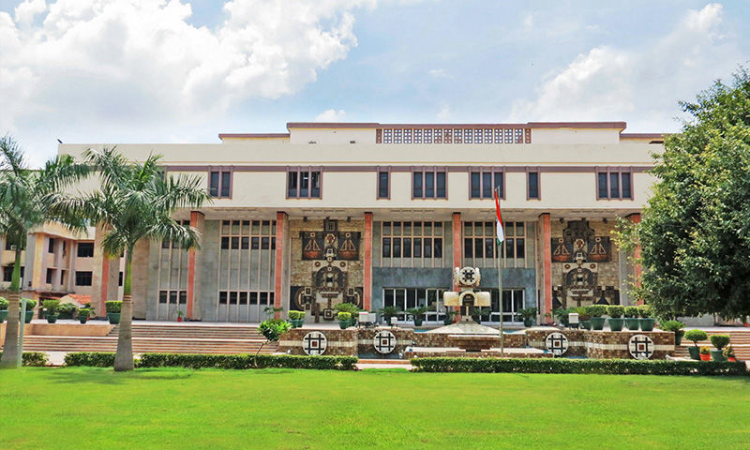Prima Facie Case Alone Does Not Entitle A Party To Relief Under Section 17 Of The A&C Act: Delhi High Court
Parina Katyal
15 July 2022 9:06 PM IST

Next Story
15 July 2022 9:06 PM IST
The Delhi High Court has ruled that a prima facie case alone does not entitle a party to relief under Section 17 of the Arbitration and Conciliation Act, 1996 (A&C Act) for interim measures. The Single Bench of Justice Sanjeev Narula observed that there were highly disputed questions of fact involved in the dispute relating to the interpretation of the agreement between the...
